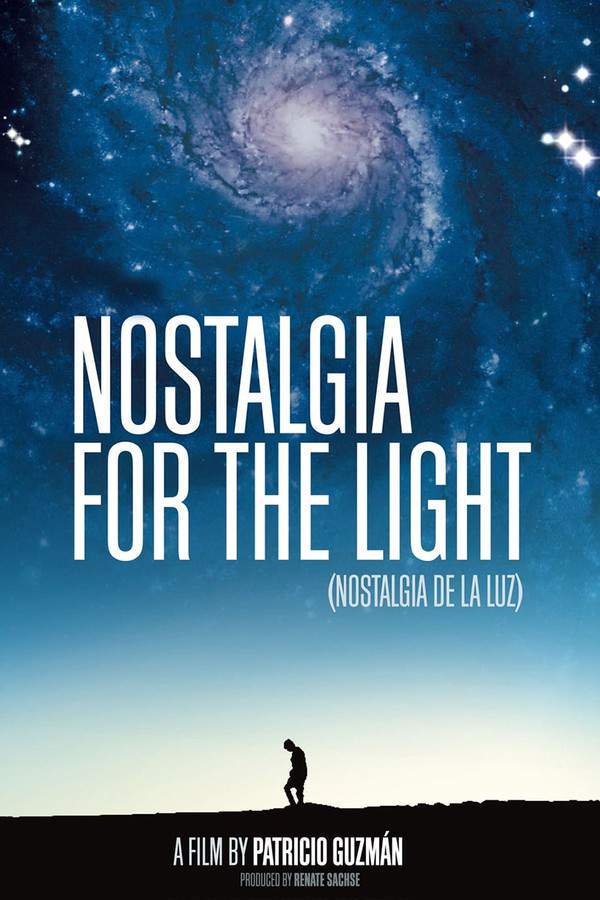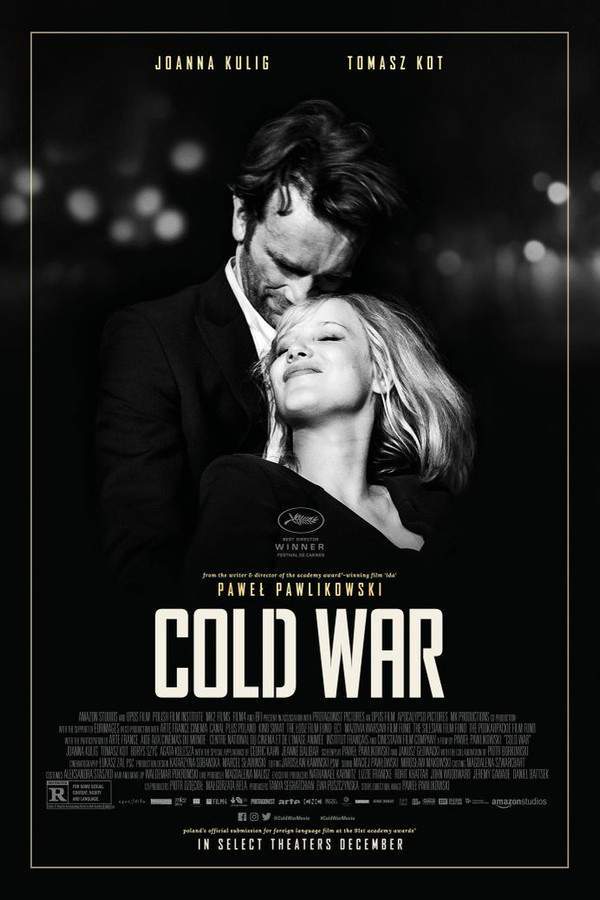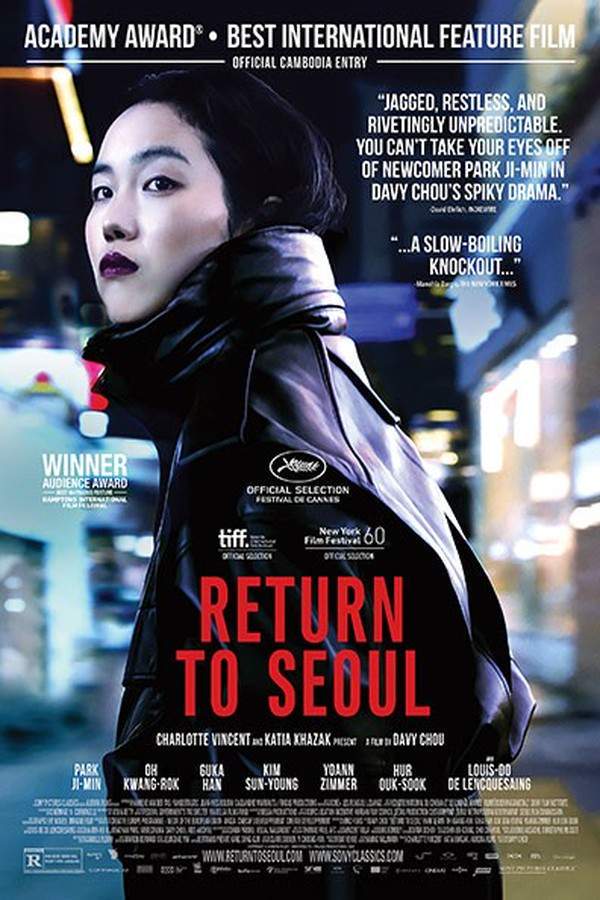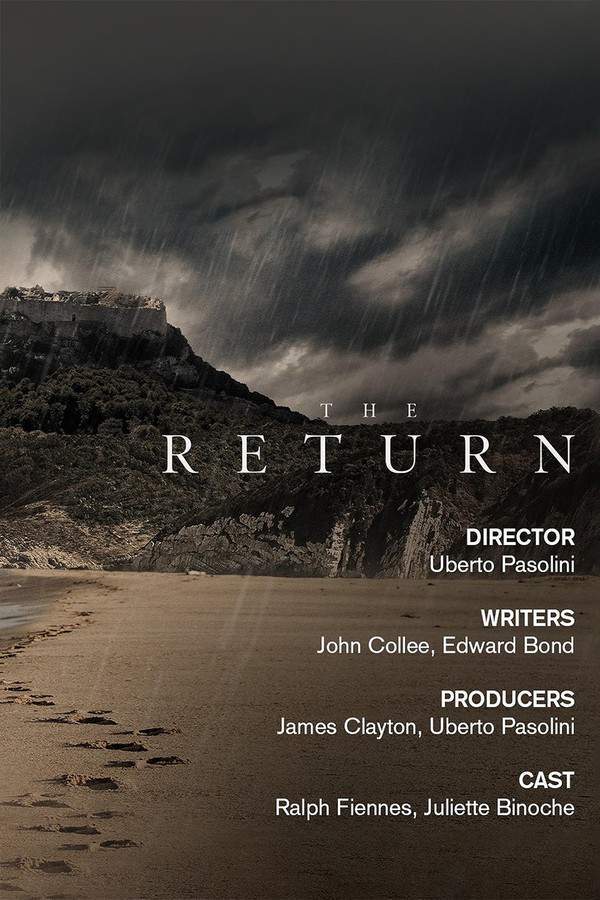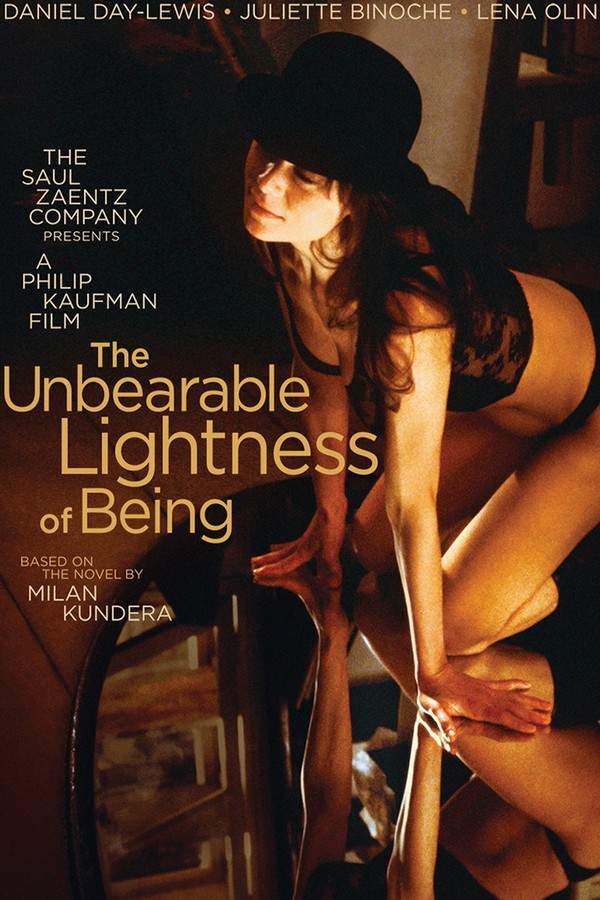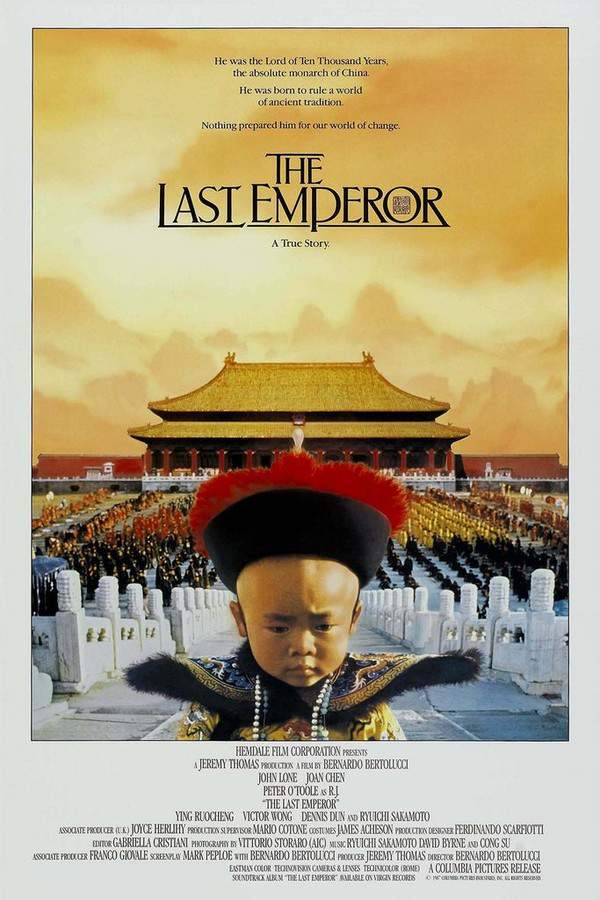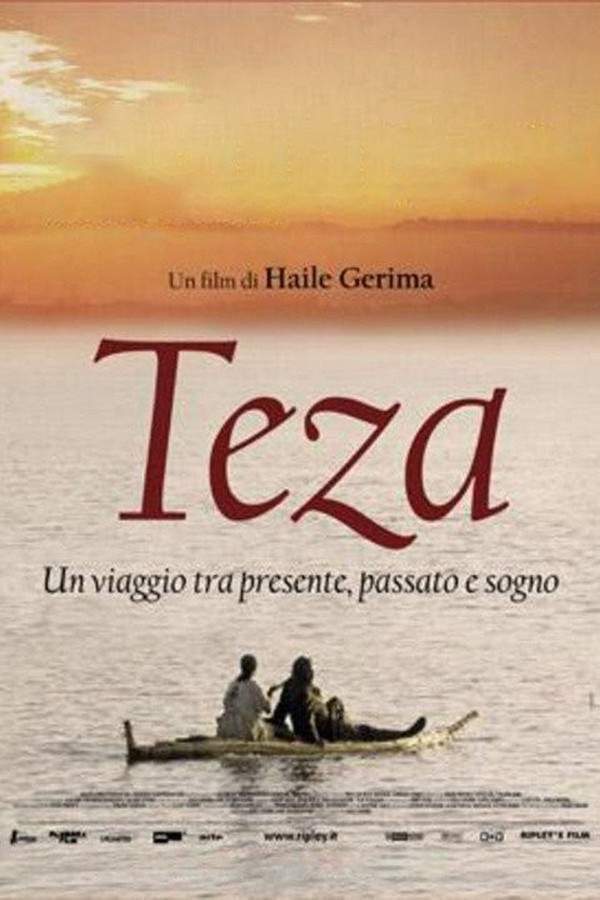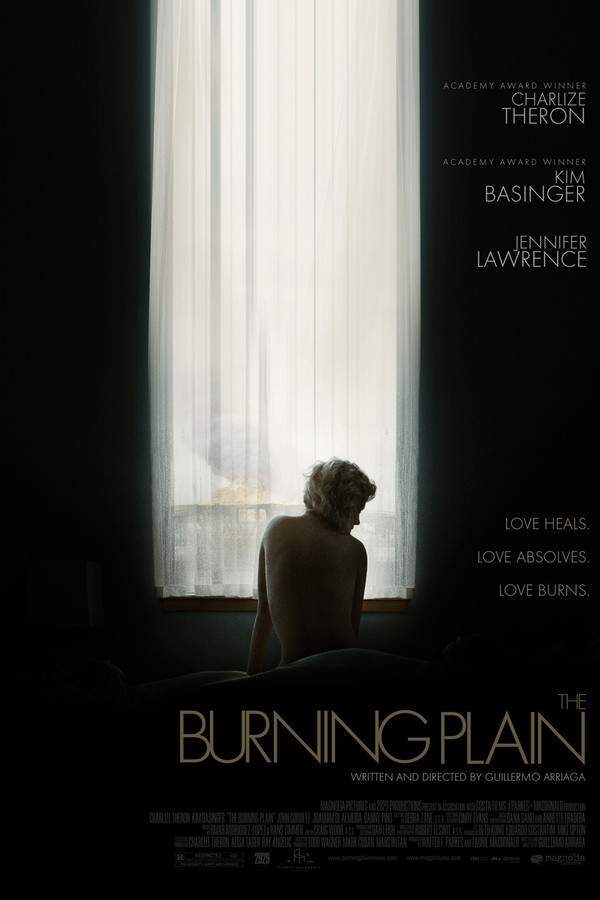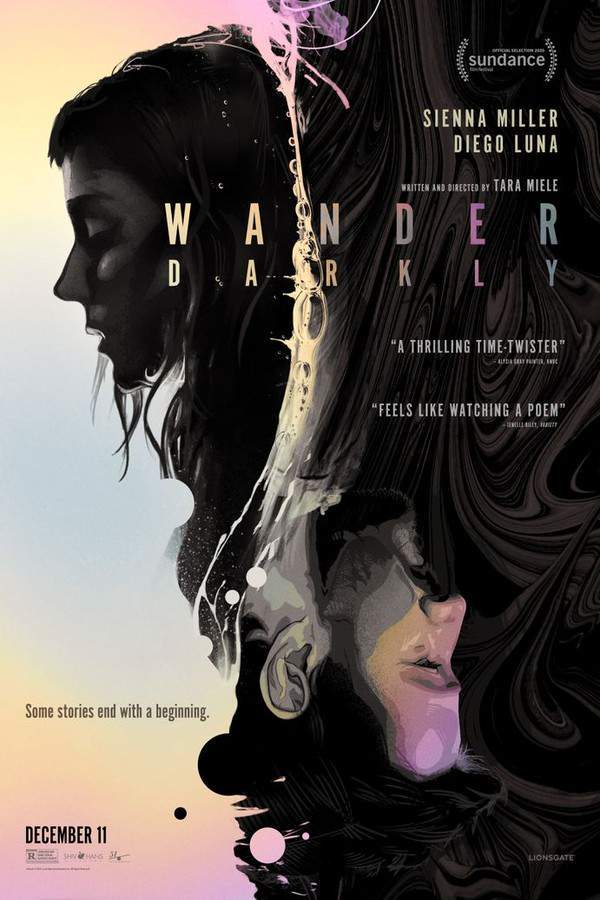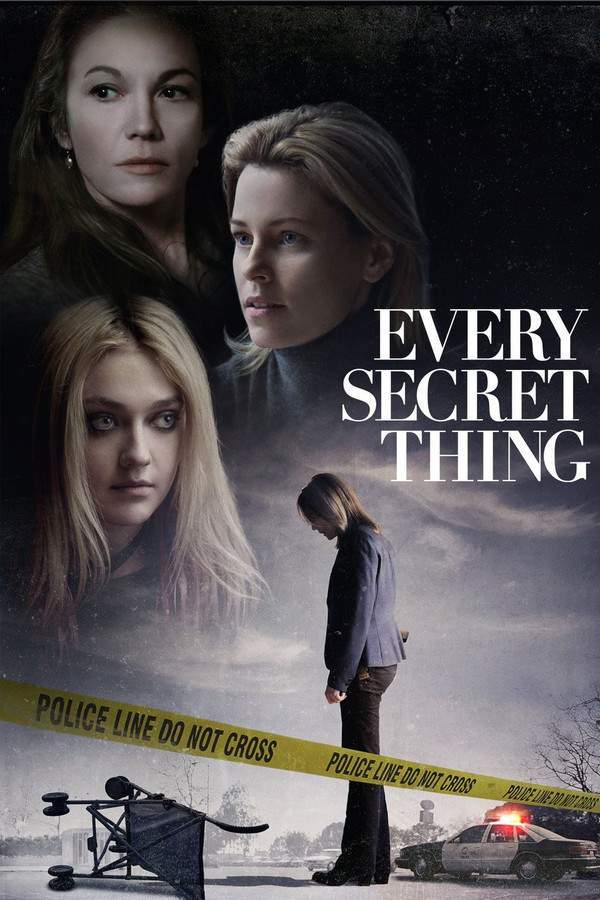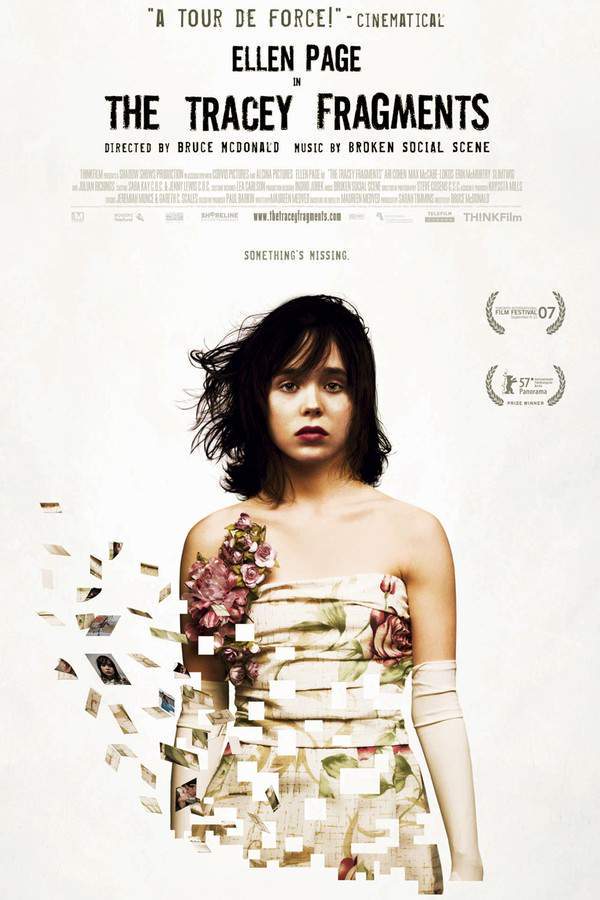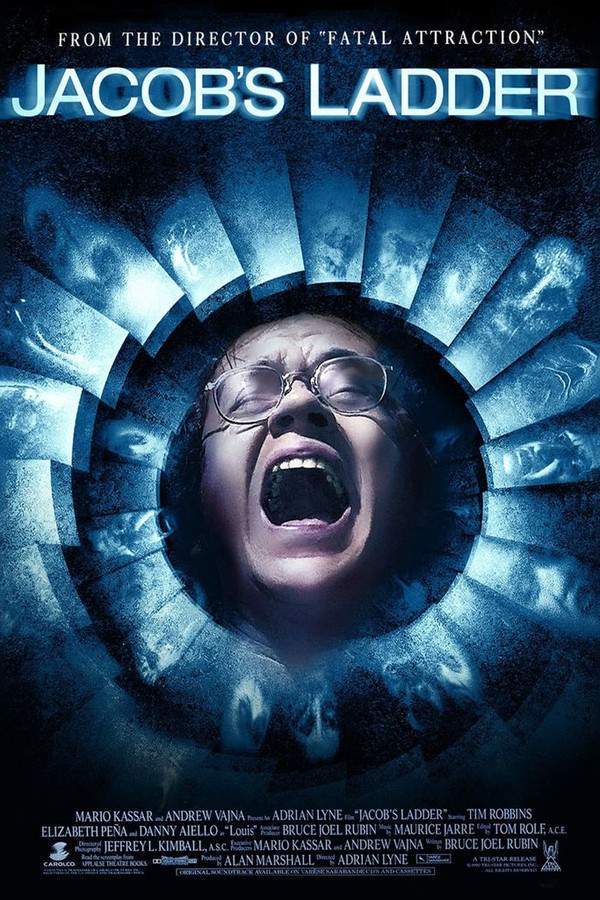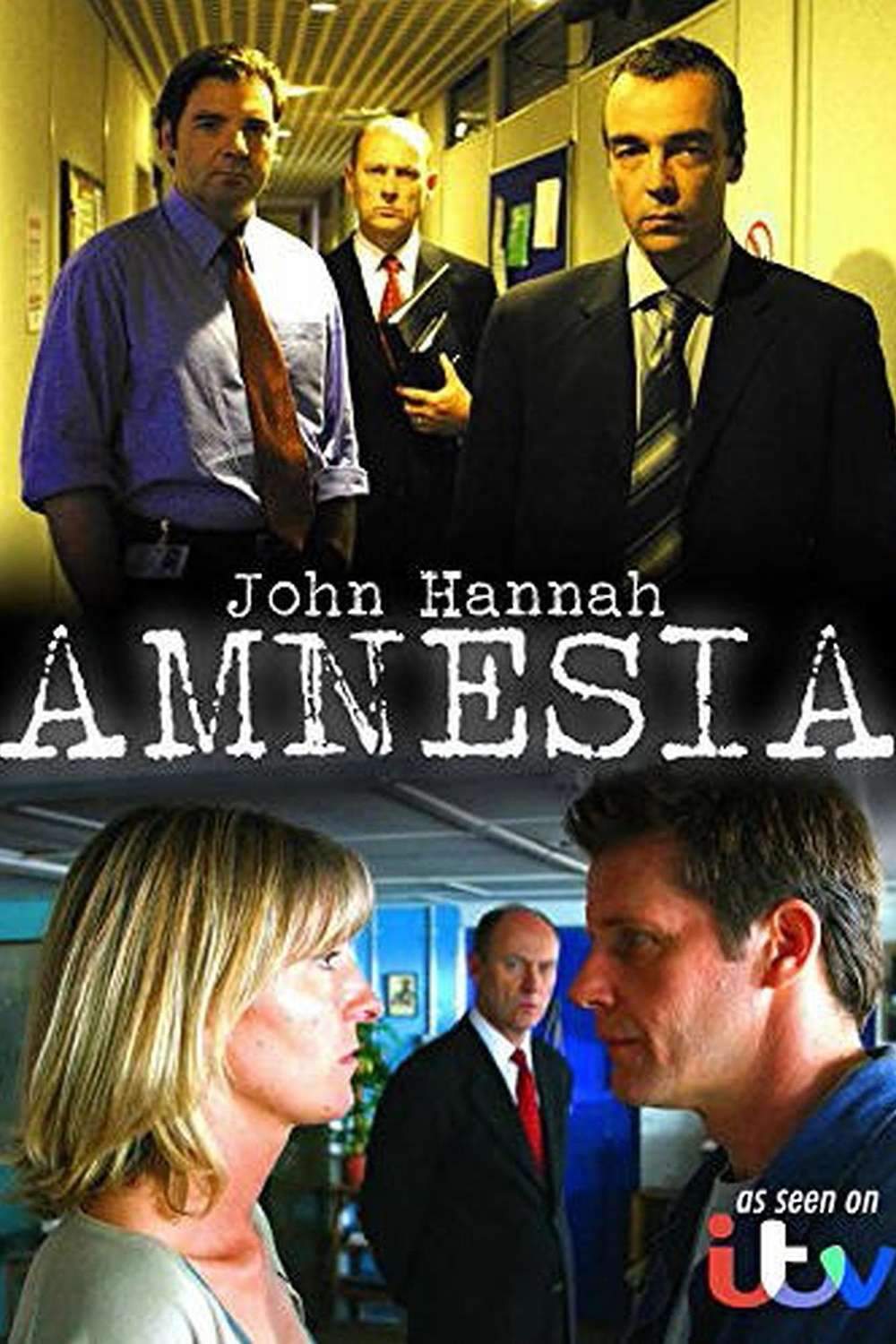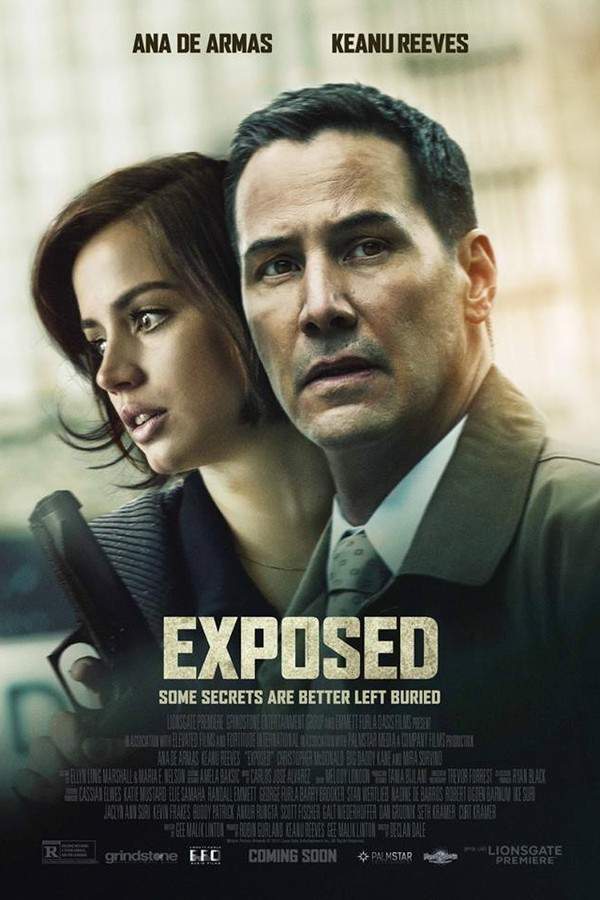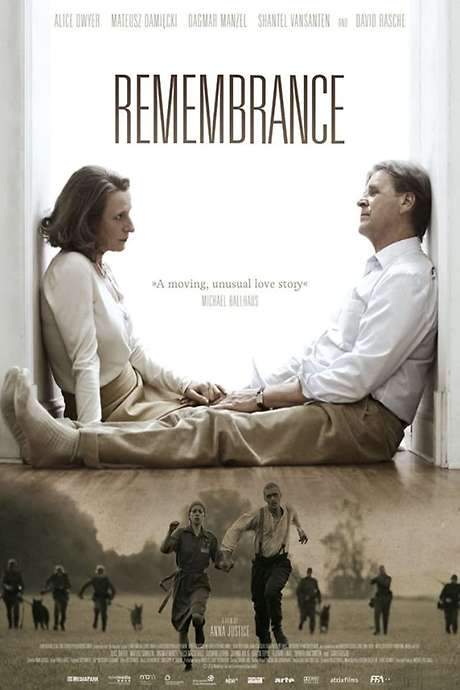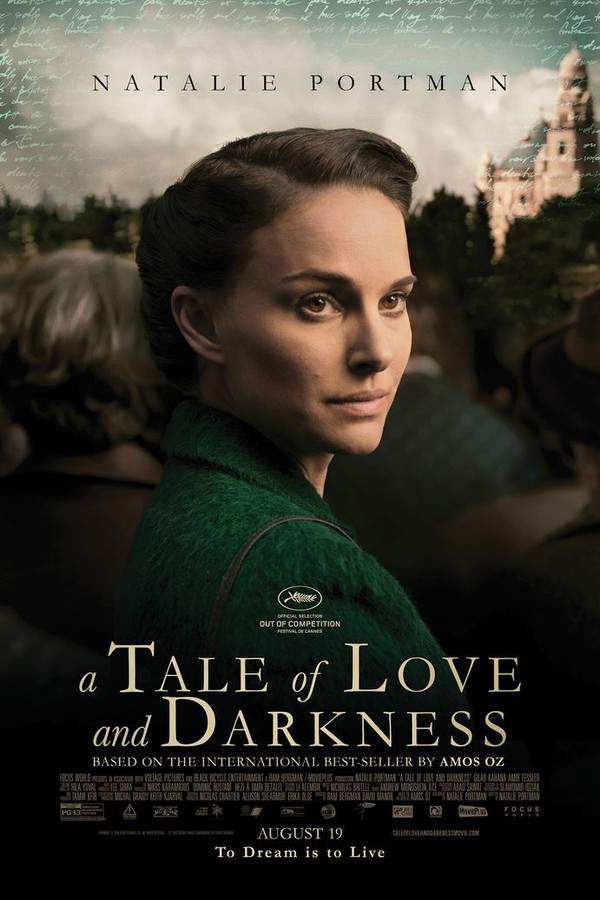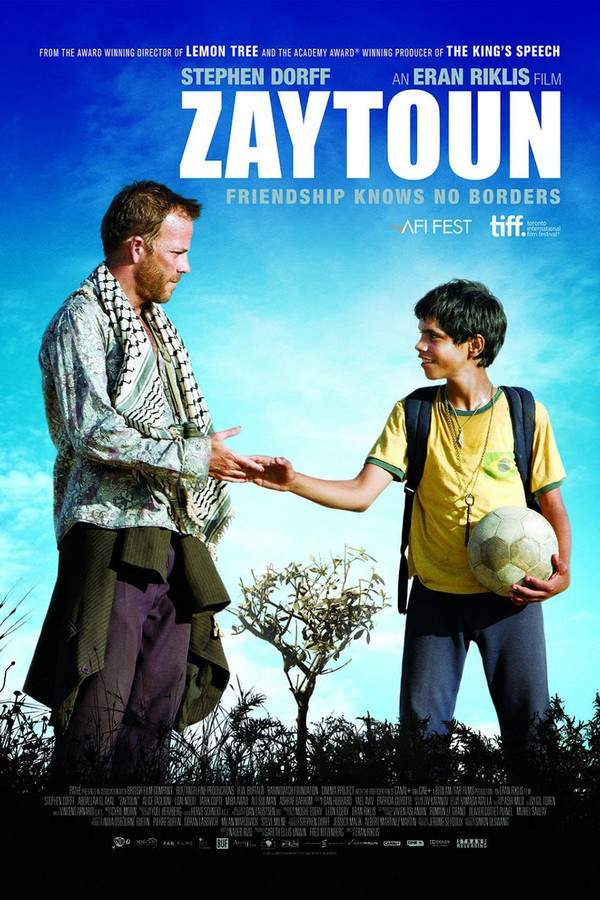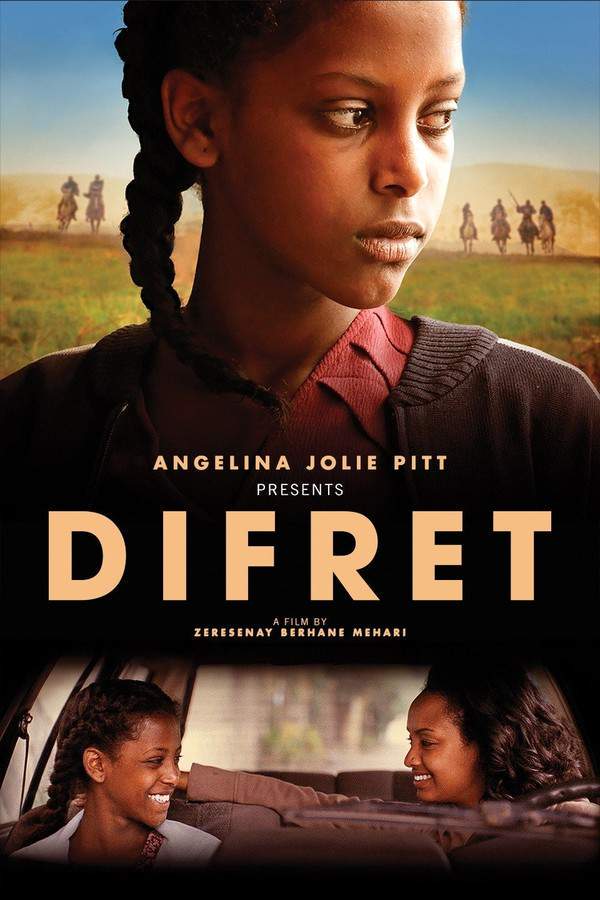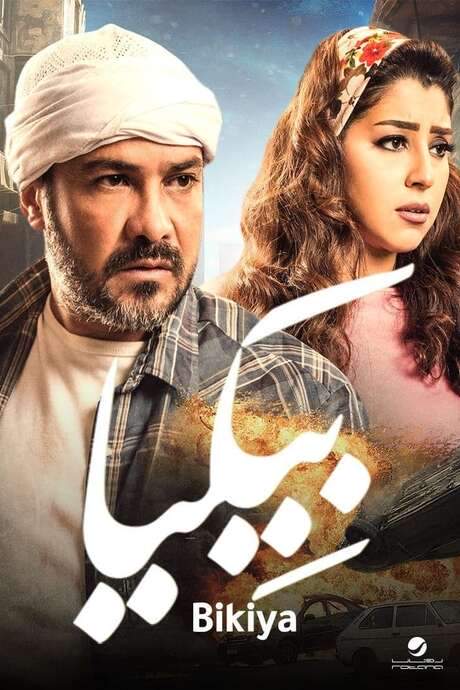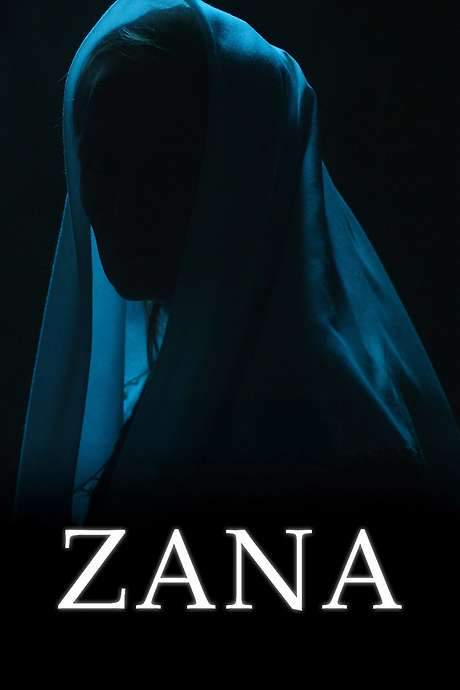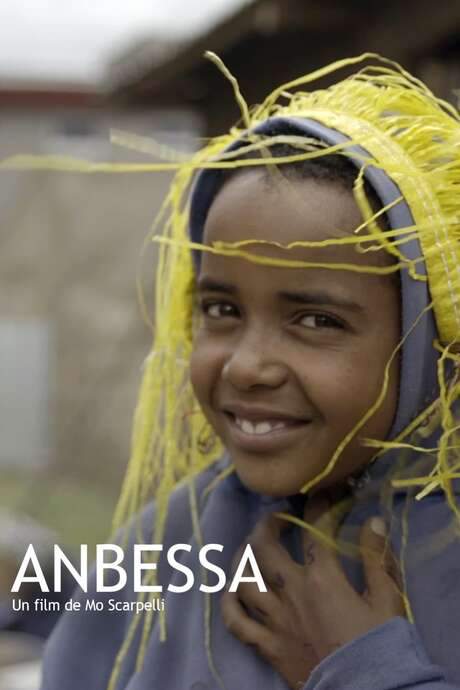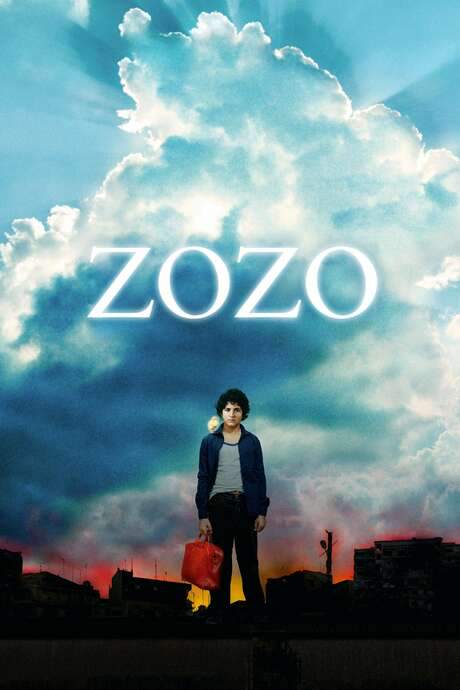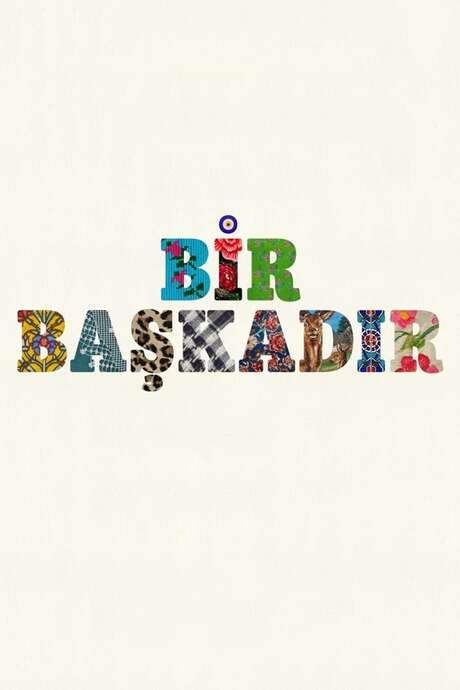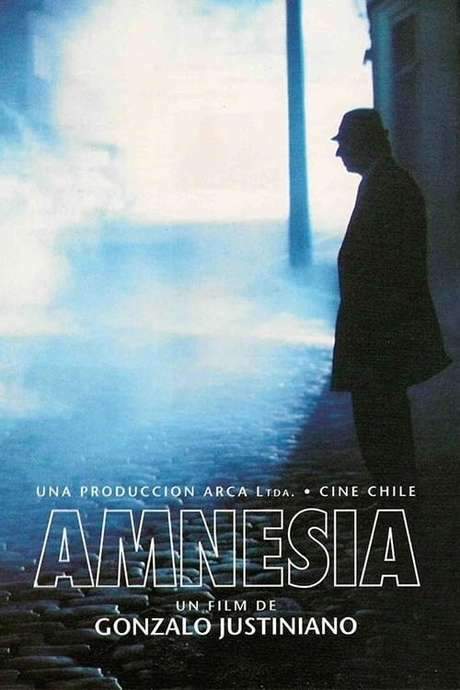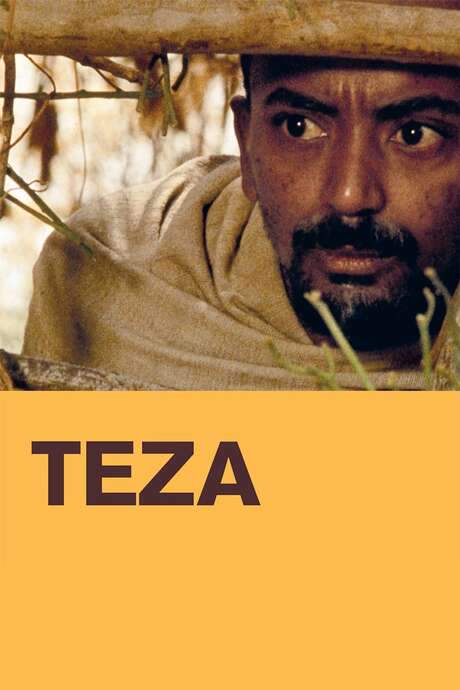
Teza
Year: 2008
Runtime: 140 mins
Language: Amharic
Director: Haile Gerima
Returning to Ethiopia after studying medicine in Germany, Anberber confronts the brutal Mengistu regime that has turned his homeland into chaos. His aspirations to heal the populace are thwarted as the military junta exploits scientists for its agenda. Seeking refuge in his rural home, he faces violence and rival factions, forcing him to decide whether to endure the strain or rebuild a fractured life.
Warning: spoilers below!
Haven’t seen Teza yet? This summary contains major spoilers. Bookmark the page, watch the movie, and come back for the full breakdown. If you're ready, scroll on and relive the story!
Teza (2008) – Full Plot Summary & Ending Explained
Read the complete plot breakdown of Teza (2008), including all key story events, major twists, and the ending explained in detail. Discover what really happened—and what it all means.
Anberber returns to his remote Ethiopian village after years abroad in Germany and the capital, carrying memories that don’t quite fit his present life. The opening reels pull viewers into a non-linear moodboard: a chanting priest wrapped in light fabrics, a badly injured man on a hospital stretcher, and a recurring image of a child who later emerges as a hallucination. An eerie sunrise over a cliff-side priest playing a traditional harp and a mother by a wood fire, watching the smoke, set a tone of superstition, memory, and unsettled history. The elder woman who will be revealed as his mother sits with worry as the village awaits something she can’t quite name.
In 1990, Tesfaye, a well-educated man with a prosthetic leg, returns to a village still marked by poverty and uncertainty. The reunion with his mother and brother is warm but tense; the crowd’s questions about his life abroad flood him with a dazed look. A jubilant welcome party erupts, only to be interrupted by a harsh draft of young men into national service. The scene mingles celebration with fear, hinting at the tight grip of conflict on even the most ordinary days.
As dawn unfurls over Lake Tana, the landscape becomes a lens for Anberber’s fragmented mind. He wakes from a nightmare, and his village crowds around his hut, drawn to the mystery of his missing memories and his prosthetic leg. He follows a vision of a child to a Mussolini-era statue, a visceral reminder of his father’s death in the Italian invasion. The quiet majesty of the lake and the rising mist frame a growing sense of exile in his own homeland. The village welcomes him back with ritual and expectation, yet Anberber remains trapped in a loop of visions that blur the line between trauma, memory, and belief.
To the village’s shock, the people soon discover that Anberber is no ordinary healer. They bring him patients, hoping he can restore health, but his mind refuses to settle. A church exorcism is attempted, but he argues that Western medicine might fail unless the mind accepts it. When the ritual finally splashes him with holy water, a flood of memories rushes back, catapulting us into his past.
The film then travels backward to the 1970s in Germany, where a younger Anberber studies as a graduate student. He meets Cassandra, a Black woman who challenges his views on race and love. He declares himself a socialist, motivated by a longing to ease the suffering of Ethiopians at home, and this moment anchors a long arc about allegiance, revolution, and the costs of political idealism. In those years, Anberber participates in socialist student circles, while back in Ethiopia a wave of liberation fighters presses the village into choosing sides and contending with conscription, fear, and shifting loyalties.
Back in the present, a violent raid brings a stark reminder of how fragile life remains. A young man in the cave where villagers hide is killed by soldiers, a moment that bleeds into Anberber’s night and echoes his father’s memory. The violence reframes education as both a beacon of hope and a risky, political act, a debate echoed by the village’s teacher who argues that learning can empower people even under oppression. Anberber’s memory flashes between the cave, the classroom, and Cassandra’s complicated past, including her own family history of racism and abandonment.
The narrative slides again into the 1970s, when Anberber’s circle in Germany grows closer. Cassandra becomes his partner, and his best friend Tesfaye—along with Tesfaye’s White German partner—faces the pain of an unplanned pregnancy. The film threads Cassandra’s backstory, revealing a father who was Cameroonian, a mother who struggled against racism and loss, and a child who dreams of a different future. In the present, a young woman named Azanu, who has been taken in by Anberber’s mother, returns in a sequence that intensifies the film’s emotional core. When Azanu is later revealed to be pregnant, Anberber’s feelings collide with a chorus of voices from the village, and his own memories rise with the tides of Lake Tana.
As Ethiopia’s politics shift again in the 1980s, Anberber becomes a PhD holder who returns to Addis Ababa. Soldiers scour the airport, and he joins a cohort of professionals who find themselves squeezed between revolutionary ideals and the comforts their education affords them. The new regime’s brutality shocks him, especially as he witnesses how power can hollow out the promises of egalitarianism. A close friend is murdered, and Anberber’s refusal to participate in self-criticism places him at odds with the cadre who once fought for the people. A violent confrontation in Germany later tests his sense of belonging in the diaspora; when Tesfaye’s son and wife arrive in Europe, Anberber’s reentry becomes a confrontation with racism, guilt, and the weight of unspoken truth.
Back in the village, the present day shows Anberber re-centering his life around service. After tending to a wounded conscript and receiving the community’s trust, he steps into the role of schoolteacher, symbolically taking the place of knowledge and guidance that the village has long sought. Azanu remains central to his personal future, and the memory of his past adds emotional resonance to his commitment to education and to the children who will inherit the country’s future.
Throughout the film, visions of a grain bin with holes—meant to symbolize a country whose people are dying and whose problems seem endless—linger as a warning and a test of faith in education as a path to change. A holy man, a priest, and a telltale string of voices from a radio interview with liberation fighters underscore the tension between competing versions of socialism and the real consequences of political struggle. In the final turn of the year, as the New Year song fills the air and the yellow flowers bloom, Anberber and Azanu welcome a newborn into a world full of possibilities. The film closes on a note of cautious optimism: a new generation may reject the violence of the past and help usher in a rebirth for their country, even as the memory of loss lingers like an ongoing prayer.
Last Updated: October 09, 2025 at 10:41
Explore Movie Threads
Discover curated groups of movies connected by mood, themes, and story style. Browse collections built around emotion, atmosphere, and narrative focus to easily find films that match what you feel like watching right now.
Movies about Exiled Intellectuals like Teza
Brilliant minds forced from their homeland confront a fractured nation.If you liked Teza's story of a doctor returning to a politically chaotic homeland, explore these similar dramas. This section features movies about educated diaspora figures confronting oppressive regimes, where academic ideals are tested against brutal realities.
Narrative Summary
The narrative typically follows a non-linear or reflective structure, moving between memories of a hopeful past and the disorienting present. The central conflict is internal and external: the character's intellect and education become both a burden and a potential tool for survival or subtle resistance against an oppressive system.
Why These Movies?
These films are grouped by their shared focus on the specific anguish of the educated exile. They blend heavy political drama with deep psychological character study, exploring themes of idealism, betrayal, and the complex relationship between personal identity and national duty.
Non-Linear Dramas about Memory and Trauma like Teza
Stories where the past bleeds into the present through haunting flashbacks.For viewers who appreciated Teza's dreamlike structure and exploration of trauma through memory, this section collects complex movies where the narrative jumps between timelines. These films use a non-linear plot to delve into heavy themes of political violence, exile, and psychological healing.
Narrative Summary
The plot structure itself mirrors a troubled mind, refusing to tell the story in chronological order. Key emotional events are revealed piecemeal, forcing the viewer to assemble the full picture of the character's pain. The journey is less about a simple goal and more about achieving a fragile reconciliation with a painful history.
Why These Movies?
These films share a specific narrative technique used to evoke a particular feeling: the disorientation and haunting weight of unresolved trauma. The non-linear pacing, melancholic tone, and complex structure create a cohesive viewing experience focused on psychological depth and historical reckoning.
Unlock the Full Story of Teza
Don't stop at just watching — explore Teza in full detail. From the complete plot summary and scene-by-scene timeline to character breakdowns, thematic analysis, and a deep dive into the ending — every page helps you truly understand what Teza is all about. Plus, discover what's next after the movie.
Teza Timeline
Track the full timeline of Teza with every major event arranged chronologically. Perfect for decoding non-linear storytelling, flashbacks, or parallel narratives with a clear scene-by-scene breakdown.

Characters, Settings & Themes in Teza
Discover the characters, locations, and core themes that shape Teza. Get insights into symbolic elements, setting significance, and deeper narrative meaning — ideal for thematic analysis and movie breakdowns.

Teza Spoiler-Free Summary
Get a quick, spoiler-free overview of Teza that covers the main plot points and key details without revealing any major twists or spoilers. Perfect for those who want to know what to expect before diving in.

More About Teza
Visit What's After the Movie to explore more about Teza: box office results, cast and crew info, production details, post-credit scenes, and external links — all in one place for movie fans and researchers.

Similar Movies to Teza
Discover movies like Teza that share similar genres, themes, and storytelling elements. Whether you’re drawn to the atmosphere, character arcs, or plot structure, these curated recommendations will help you explore more films you’ll love.
Explore More About Movie Teza
Teza (2008) Scene-by-Scene Movie Timeline
Teza (2008) Movie Characters, Themes & Settings
Teza (2008) Spoiler-Free Summary & Key Flow
Movies Like Teza – Similar Titles You’ll Enjoy
The Forgiveness of Blood (2012) Ending Explained & Film Insights
A Tale of Love and Darkness (2016) Ending Explained & Film Insights
Zaytoun (2013) Full Summary & Key Details
Difret (2015) Story Summary & Characters
Teza (2010) Full Movie Breakdown
Bekia (2018) Complete Plot Breakdown
Zana (2019) Spoiler-Packed Plot Recap
Anbessa (2019) Ending Explained & Film Insights
Maangamizi: The Ancient One (2001) Spoiler-Packed Plot Recap
Zozo (2005) Movie Recap & Themes
Live and Become (2005) Full Summary & Key Details
Ethos (1000) Story Summary & Characters
Dirty, Difficult, Dangerous (2022) Movie Recap & Themes
Amnesia (1994) Full Summary & Key Details
From Karkhe to Rhein (1993) Ending Explained & Film Insights

